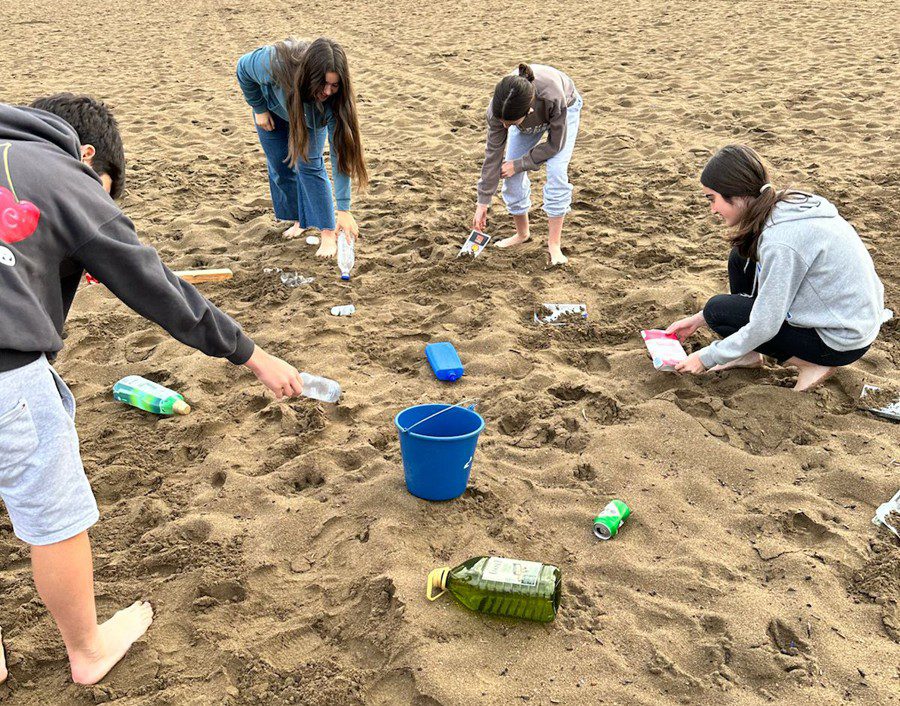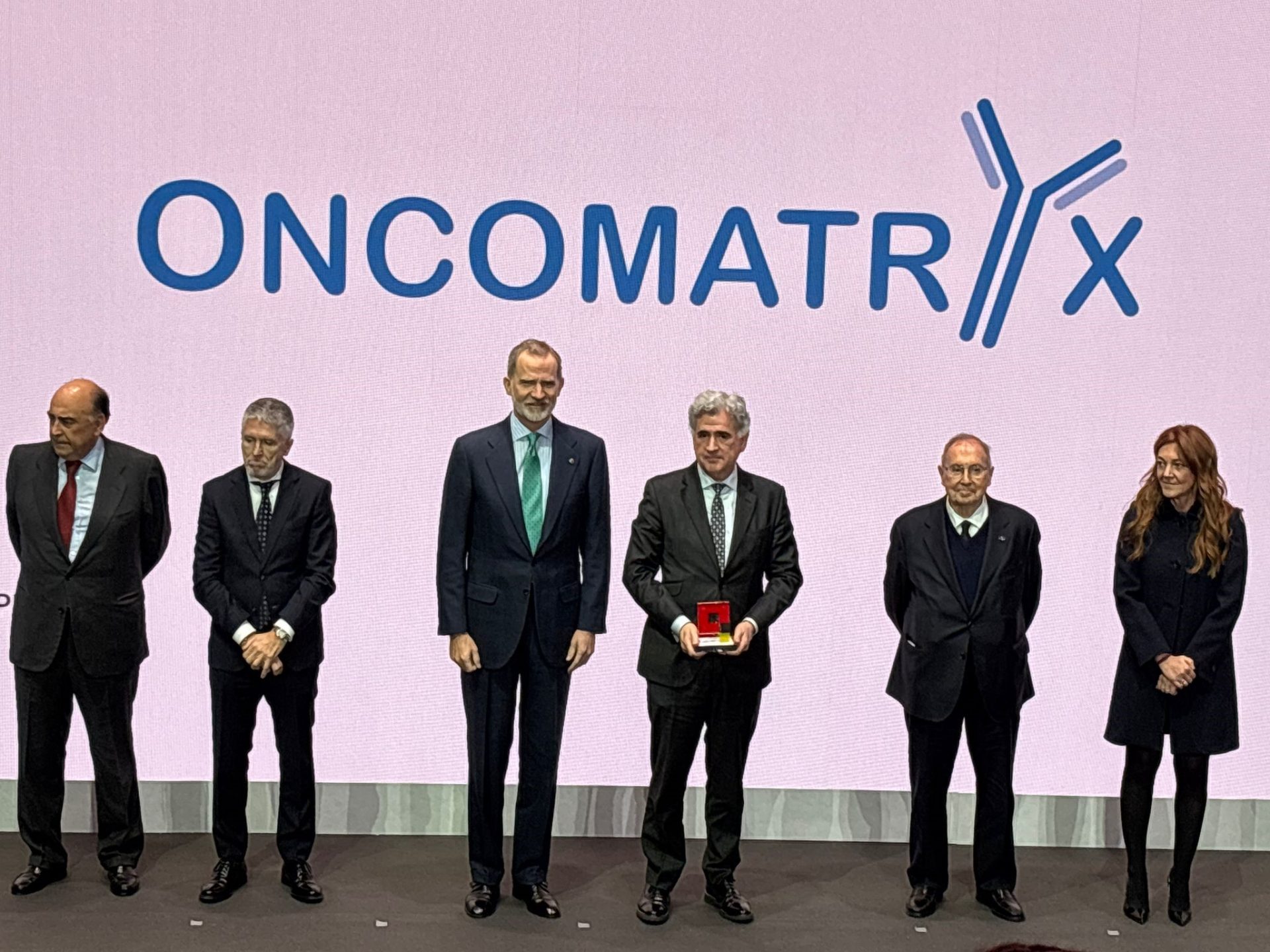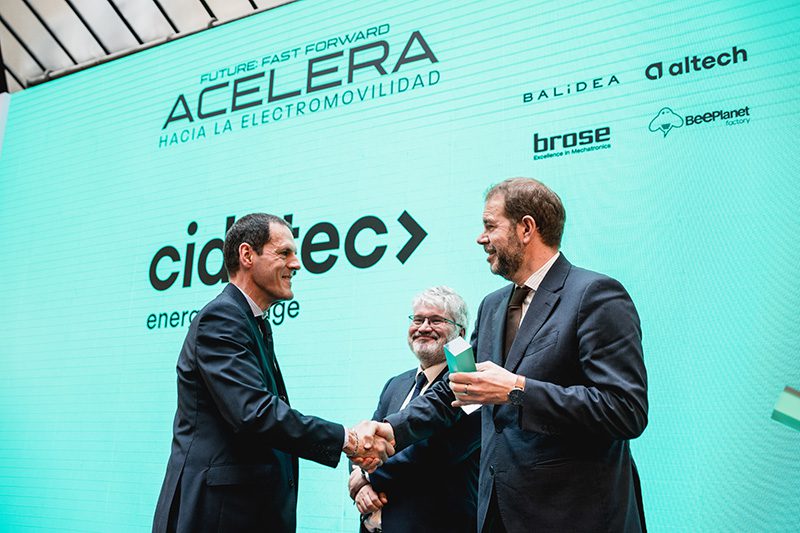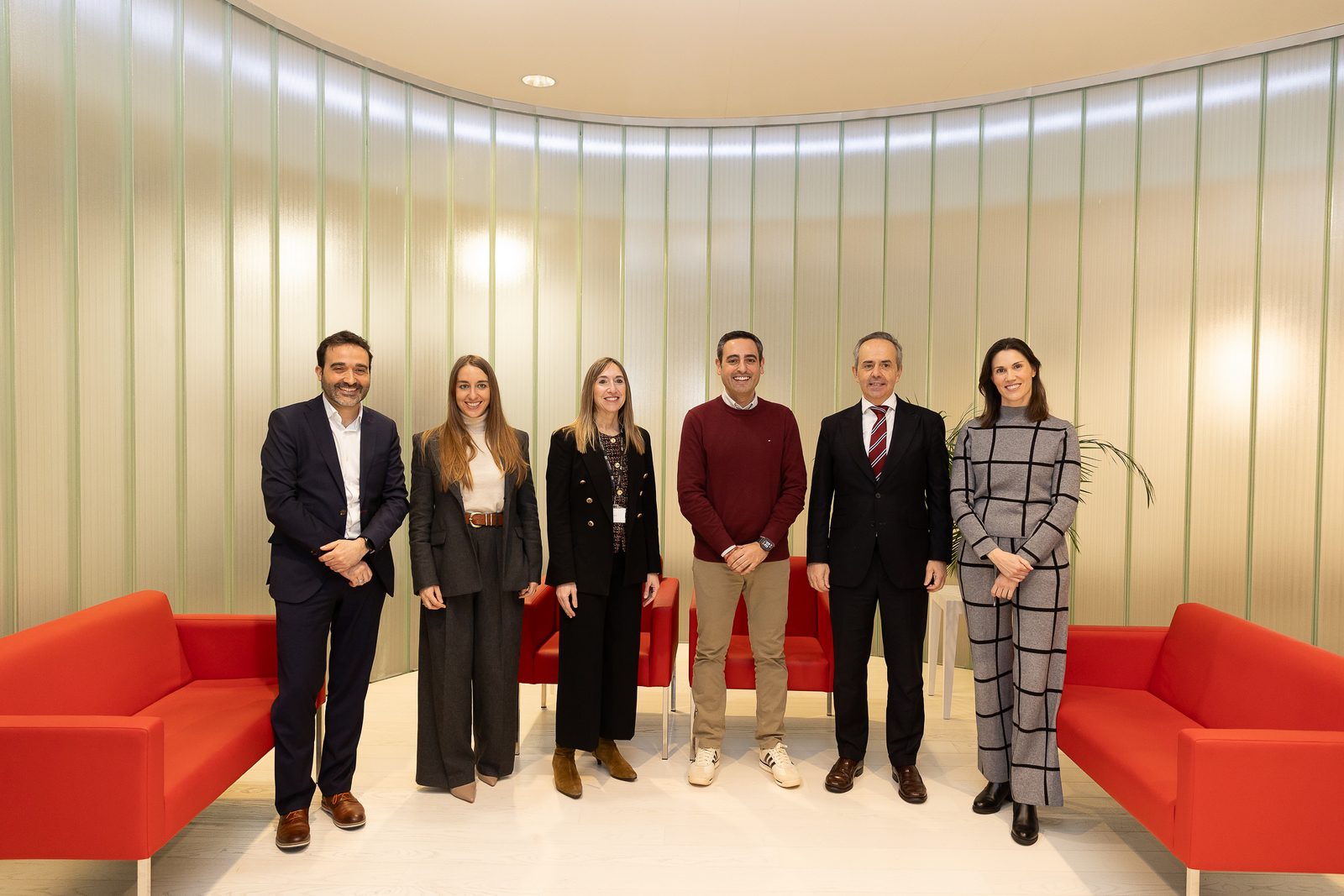RESAC-OFF: New technology to reduce drowning deaths on beaches
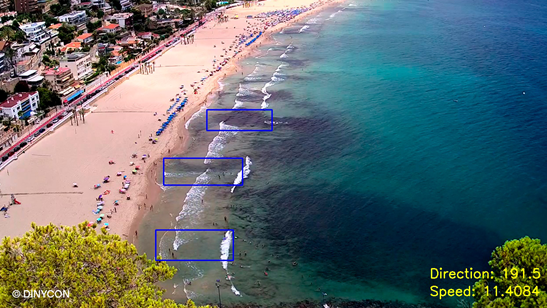
The Tekniker technology centre has developed a real-time automatic swimmer detection system based on Artificial Intelligence. The solution, integrated into a device that also identifies active rip currents, is being tested in the province of Alicante as a coastal safety support tool
The latest data on drownings in Spain is worrying. In 2024, 741 deaths were recorded, 51.8% of which occurred on beaches. This figure is the second worst in the last decade and represents an increase of 11.6% compared to 2023.
In the case of the Basque Country, there were 11 deaths from this cause. Although this figure shows a slight improvement, it remains alarming, especially considering that many of these deaths occur on busy beaches with changing sea conditions.
In this context, the Tekniker technology centre, a member of the Basque Research and Technology Alliance (BRTA), has put its technological expertise at the service of the RESAC-OFF project, funded by the Basque Government’s HAZITEK programme. Led by the company Dinycon Sistemas, the initiative has developed an artificial intelligence-based solution to support and improve coastal safety, which is being validated on Poniente beach in Benidorm (Alicante).
Most of the strategies implemented to date to prevent drowning are based on meteorological and oceanographic prediction models or the presence of lifeguards, without automated visual surveillance or specific detection capabilities for the actual environment of each beach.
However, RESAC-OFF introduces an alternative based on artificial intelligence (AI) that analyses images captured by cameras in real time and identifies both active rip currents and the presence of swimmers in these areas, allowing automatic alerts to be activated when there is a real risk to people.
‘Unlike systems based, for example, on data from buoys or radars, our system provides a direct view of the risk in the bathing area, adapted to each beach, at any given moment, and with the ability to act in real time. This is a great operational advantage and an alert tool that can complement the work of lifeguards,’ says Aitor Gutiérrez, a researcher at Tekniker.
Detection under adverse conditions
Tekniker has played a key role in the project, leading the design, training and validation of the AI models that underpin the solution.
The technology centre’s team has been responsible for developing the automatic, real-time detection system for swimmers in the water, even under adverse conditions of visibility, waves or lighting, using artificial vision and deep learning techniques.
Tekniker has also contributed to another differentiating feature of the new technology: its ability to be implemented on sandy beaches without complex digital infrastructure, without relying on the cloud or constant connectivity. This autonomous, energy-efficient and easy-to-maintain architecture allows it to be scaled to small, isolated or unguarded beaches, which until now were beyond the reach of conventional technological systems.
Finally, the modular design of the solution and its adaptability to different coastal environments position it as an innovative, viable and scalable alternative that goes beyond theoretical models and focuses on reducing drowning deaths in a tangible way.
‘Our technological development ensures that the information detected is immediately sent to the visualisation, alert or decision-making systems deployed by local councils or emergency services,’ adds the Tekniker expert.
Overall, the work of the technology centre allows the RESAC-OFF system to operate completely autonomously and scalably, offering a realistic, efficient and reliable solution for coastal safety.
In addition to Tekniker, the project has benefited from the collaboration of Visual50 and Greenresults, as well as institutional support from the Basque Business Development Agency SPRI.
